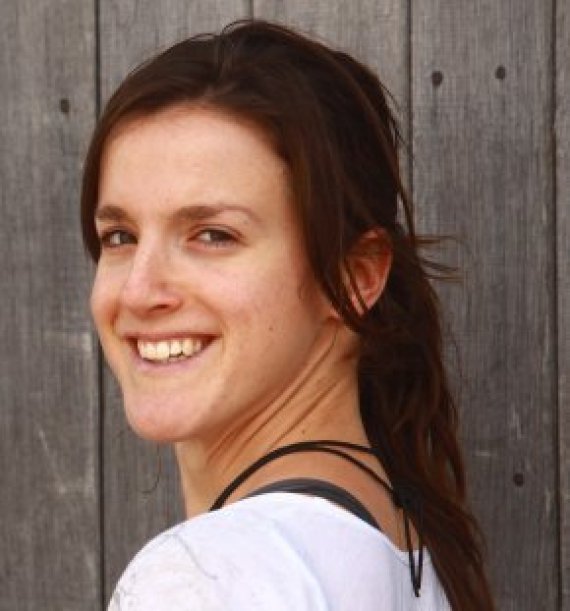© Masha van der Sande
The Rubicon grant of the Netherlands Organisation for Scientific Research (NWO) is aimed at young researchers who wish to gain experience abroad. Van der Sande will have the opportunity to collaborate with American colleagues on research into how climate change and human actions influence tropical rainforests. She is very happy with this opportunity: ‘It is very exciting and fun to work on my own project.’
Florida
In Florida, she will combine two areas of research: Paleoecology and plant properties. ‘Plant properties, such as density of wood and nutrient contents of leaves, can tell us a lot about how a plant deals with environmental factors, like the availability of water or disruptions. During my PhD at WUR, I studied how the composition of species and the properties of plants in tropical rainforests have changed over the last decades.
To better understand how tropical rainforests react to climate changes or disruptions, we require longer-term data.
According to Van der Sander, shifts in the composition and plant properties in the forests can provide information about the underlying causes of these changes. ‘Think of climate change or disruptions. But to better understand how tropical rainforests react to those factors, we require longer-term data. That is why I will collaborate with paleoecologists in Florida, where I want to link data from thousands of years of historical vegetation composition and the shifts therein to plant properties.’
Infertility
Researcher Yuliya Hilevych was also awarded a Rubicon grant. Hilevych worked in Wageningen until recently. She will work in Great Britain for the next two years, at the University of Cambridge, where she will be taking a closer look at the impact of infertility on people. Specifically, she will study the period from 1945 to around 1980 – when in vitro fertilisation (IVF) was developed in England.
More women
In total, fifteen grants were awarded by NWO: nine to women and six to men. It is notable that so many grants are going to women, as they were in the minority among the applicants.
Only one in seven men (six out of 43) passed the selection. Among women, this was one in four (nine out of 37). Women received more grants than men last year as well (linked article in Dutch).
Each year, NWO helps around sixty researchers on their way by means of a Rubicon grant. In all, a sum of seven million euros is awarded annually, spread over three rounds. The laureates praise the programme (linked article in Dutch): Dutch science receives a wealth of international experience at a relatively low price.
Additional reading (partly in Dutch):
Claassens wijst bacterie nieuwe weg
Rubiconbeurs voor weeronderzoeker Natalie Theeuwes
Crossing the Rubicon…

